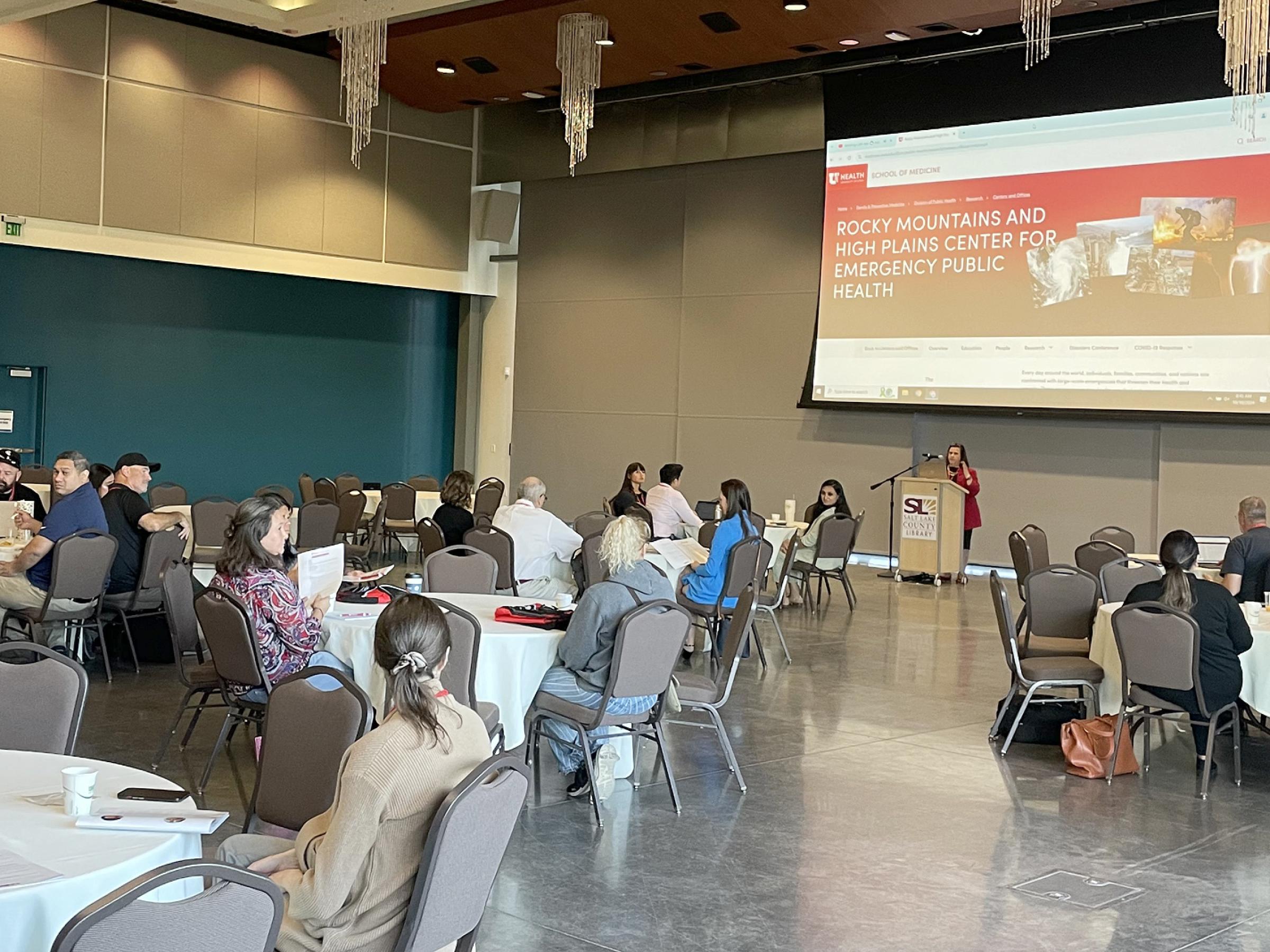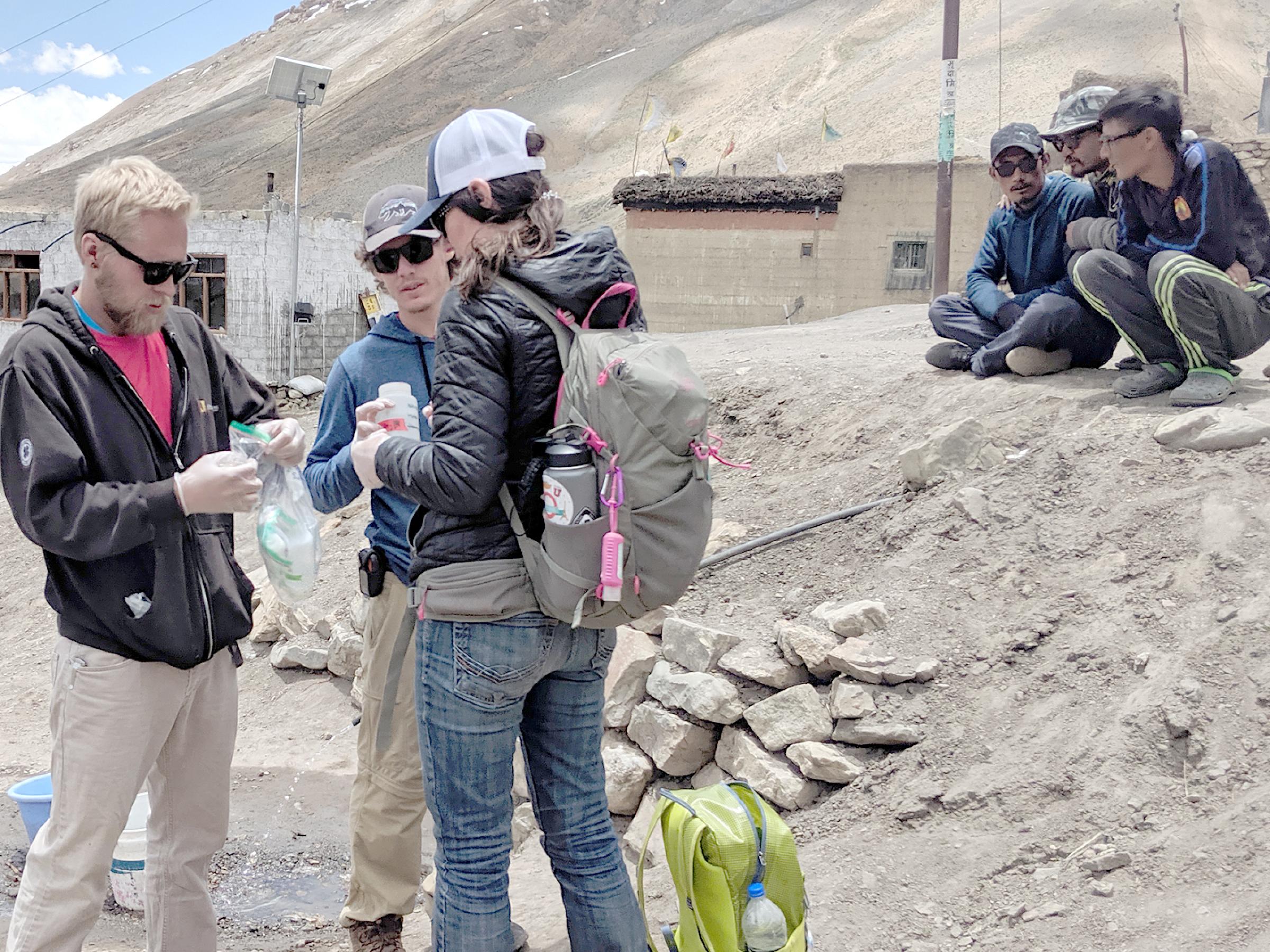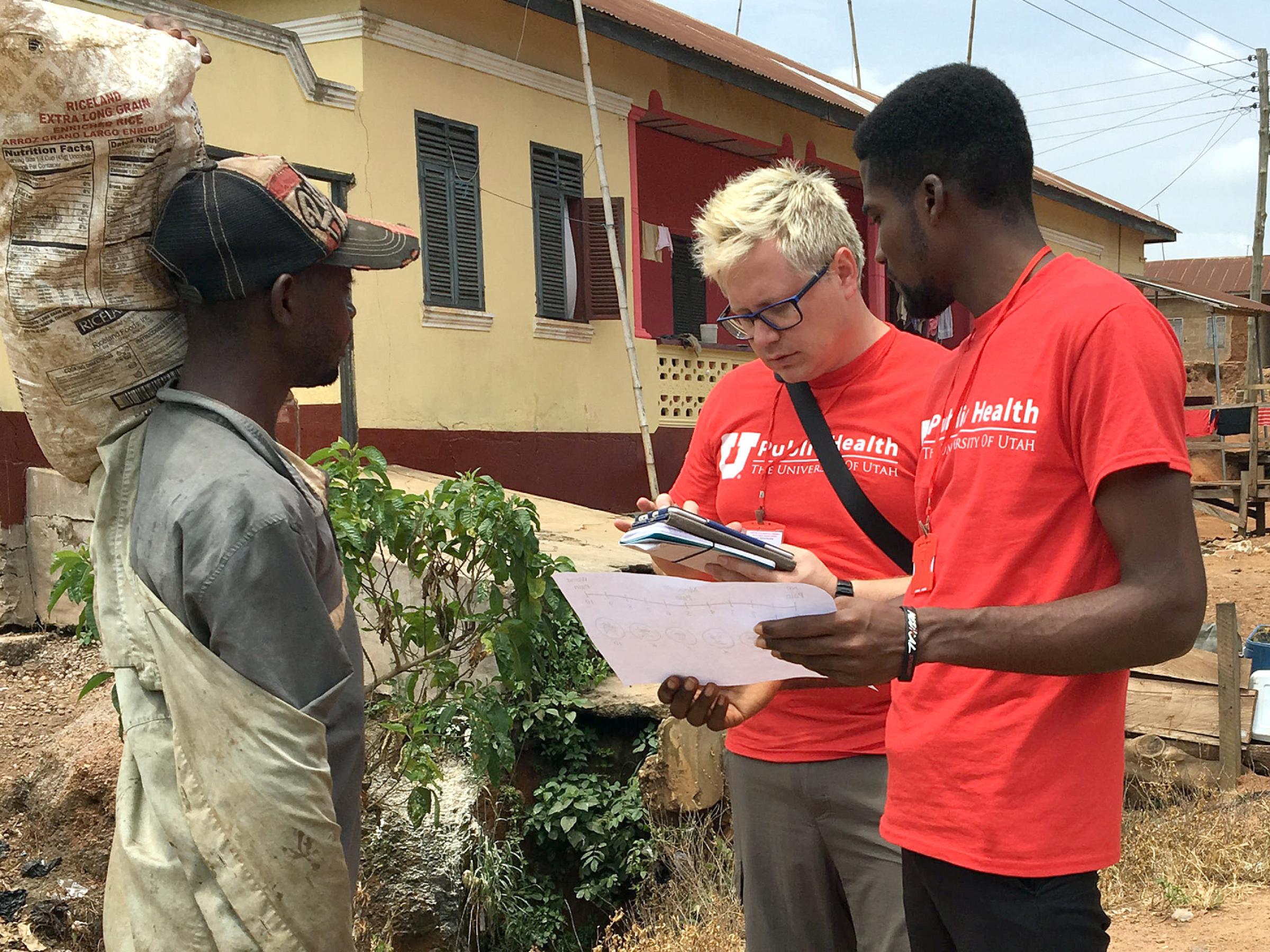
Education
Education Overview
The Division of Public Health offers a range of advanced degrees and certificates to meet the growing demand for public health professionals. Our programs include master’s and doctoral degrees, as well as graduate certificates.
Our MPH program has been continuously accredited by the Council on Education for Public Health since 1978. MPH concentrations emphasize practical experience, while our MSPH and PhD programs focus on research.
We also provide continuing education for public health professionals and community partners through the Rocky Mountain Public Health Training Center.

Graduate Certificates

Continuing Education Opportunities

